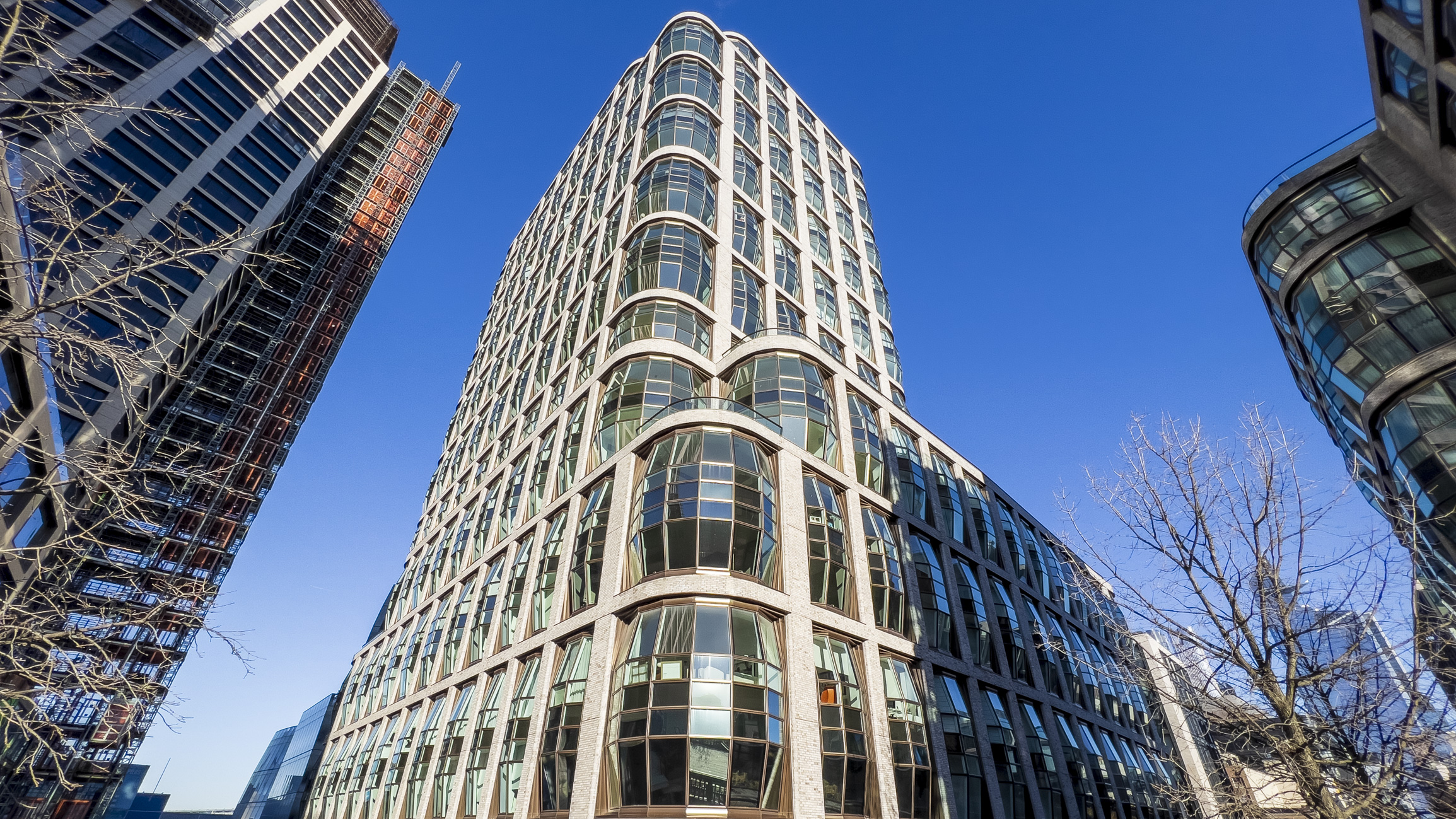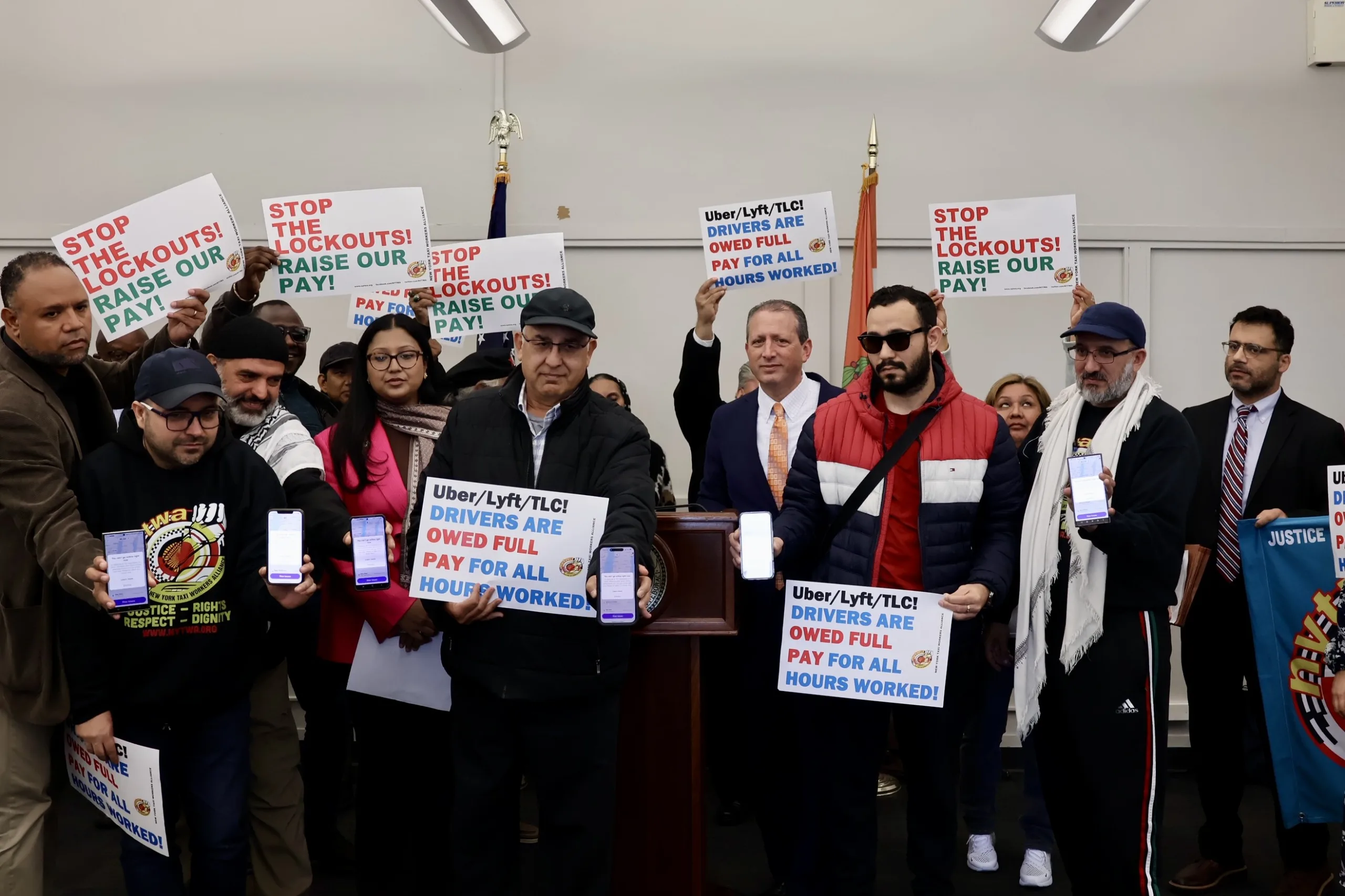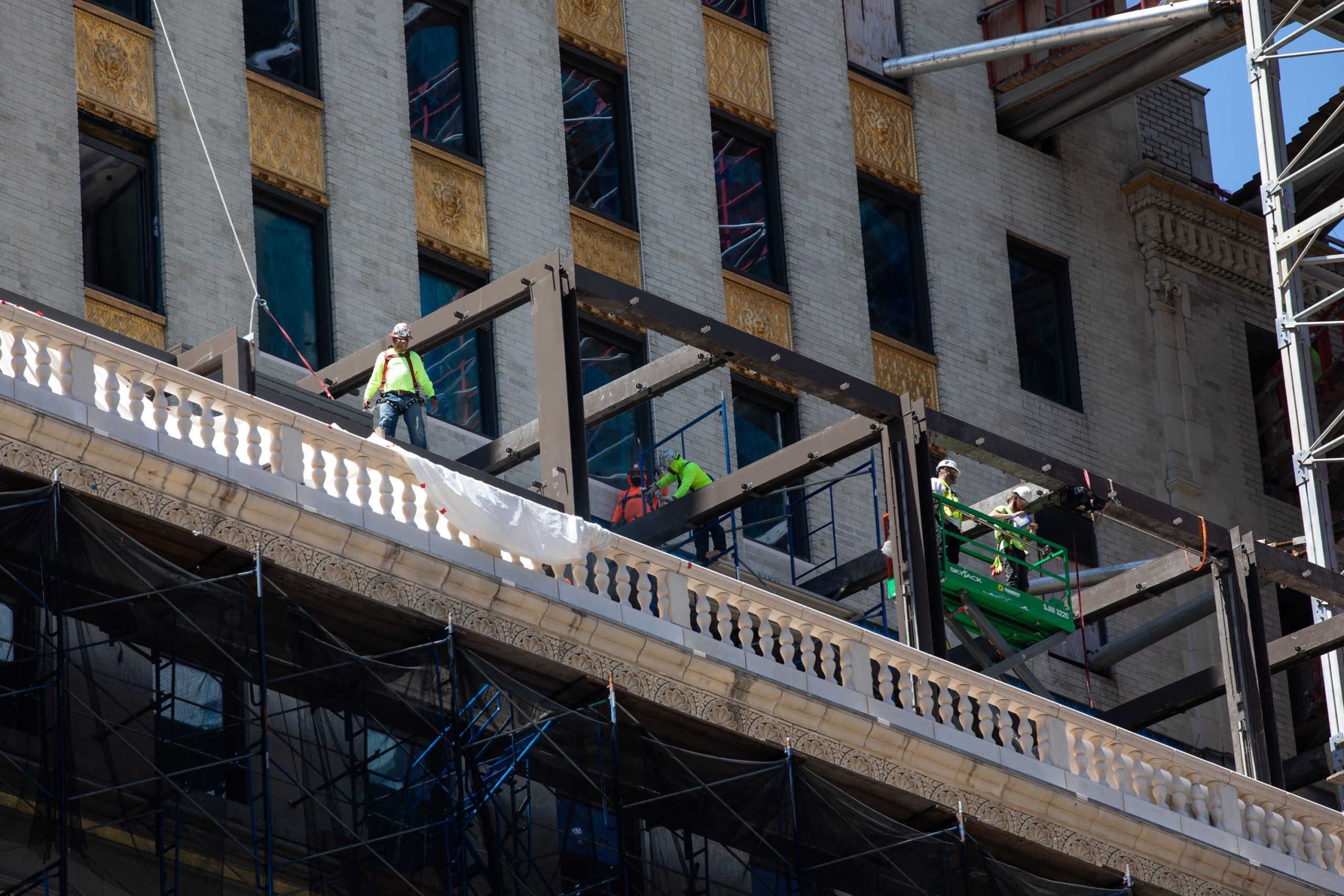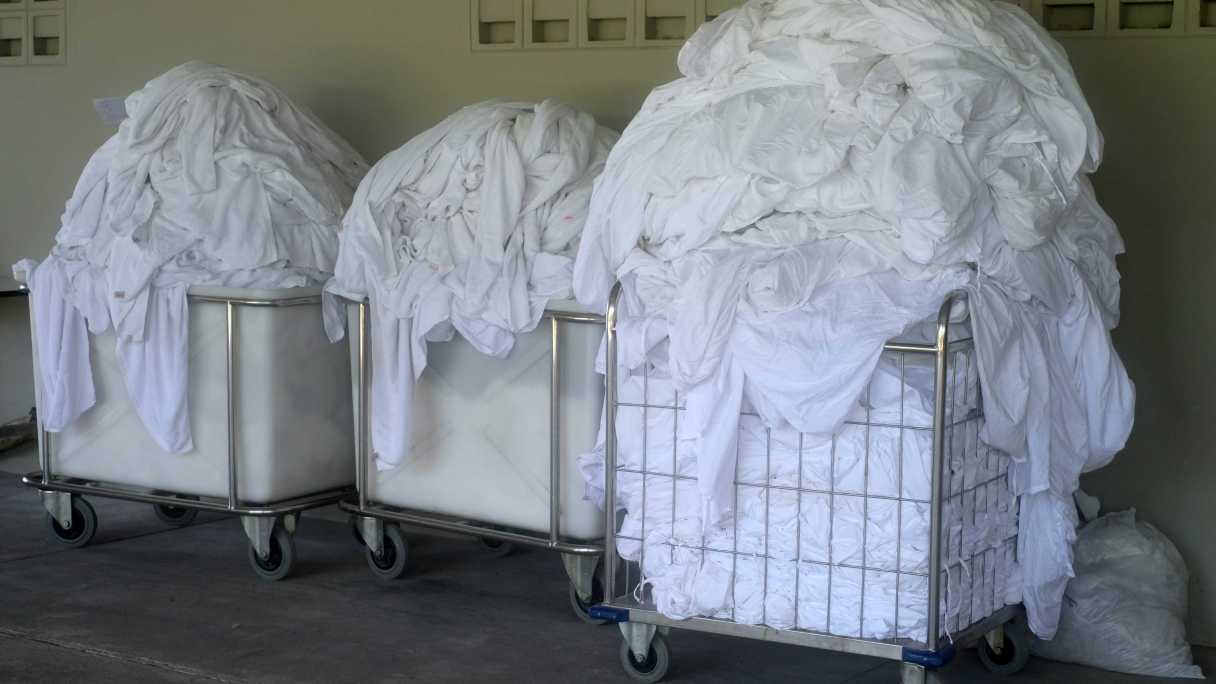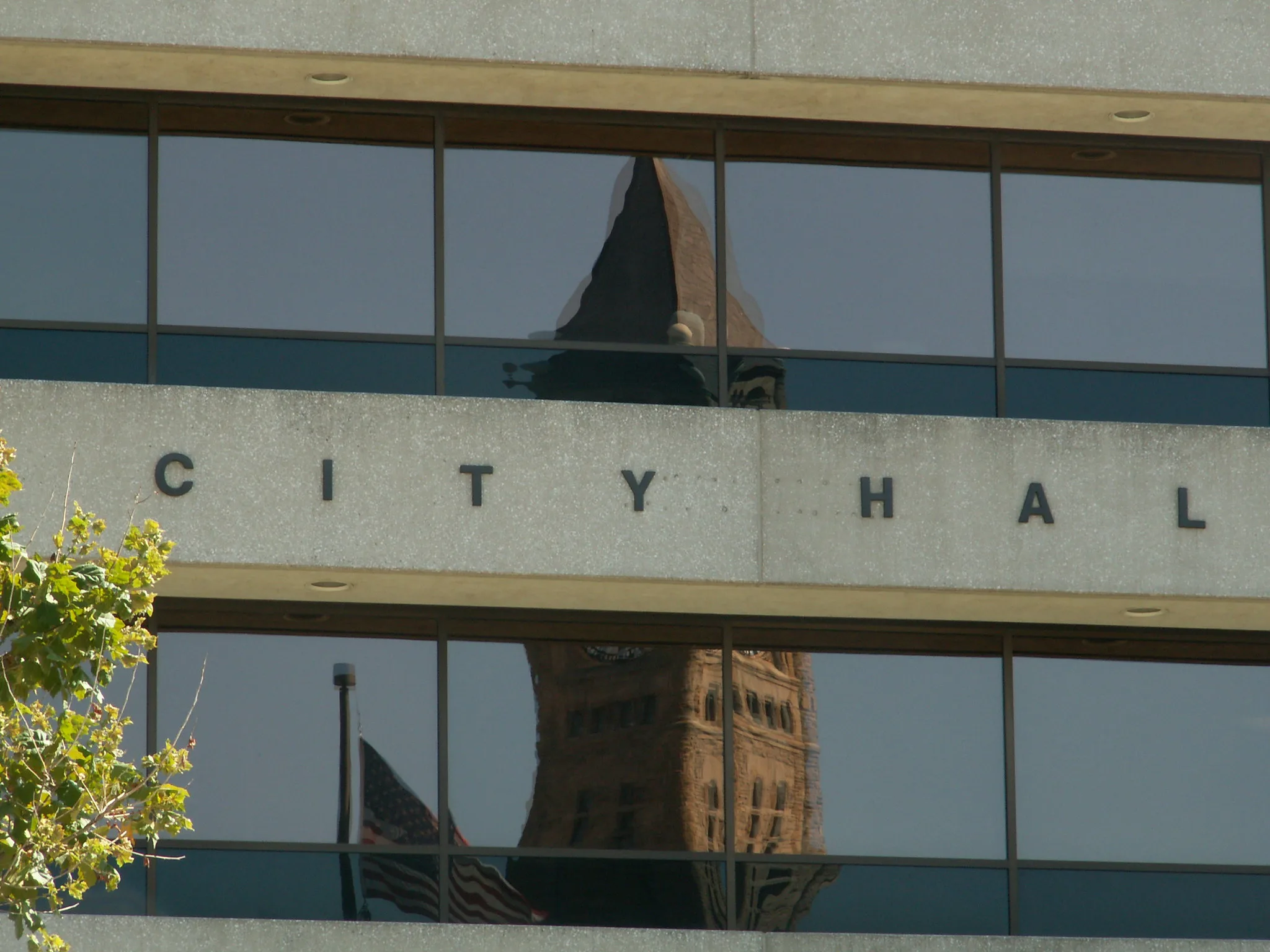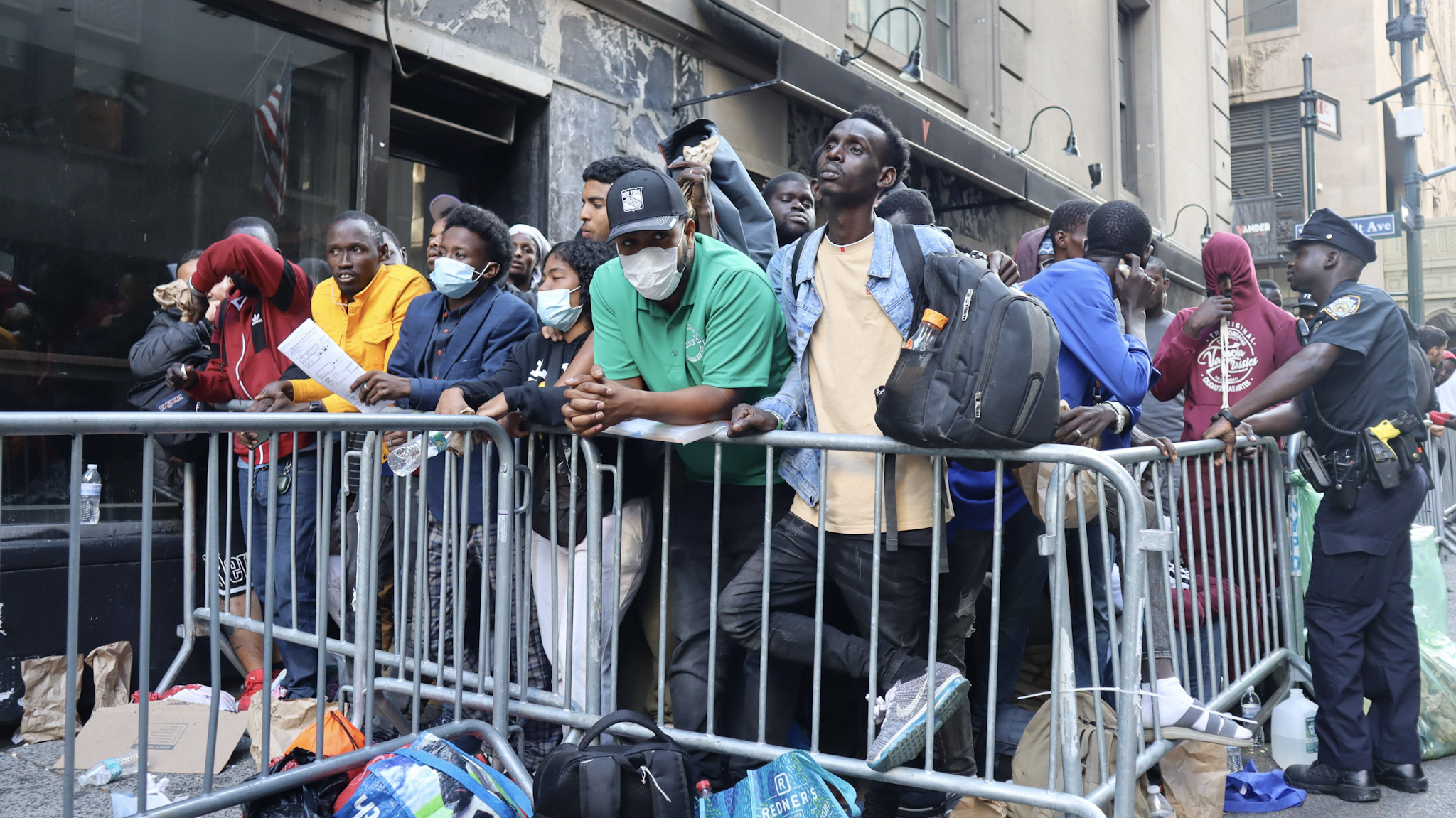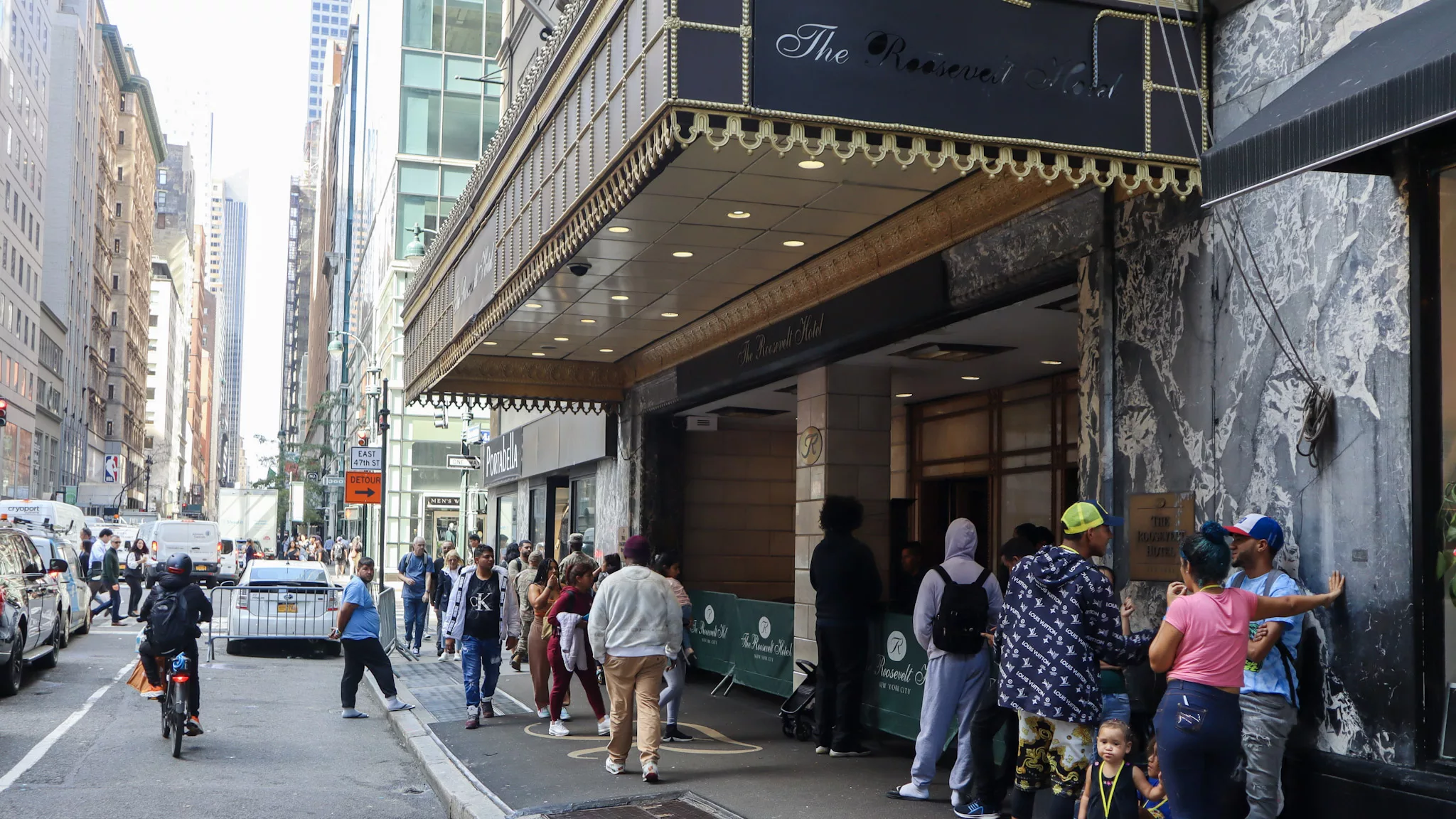Immigrant workers for Cassway Contracting Corp. and for Mario Hernández Infante built some of the most expensive and exclusive condos in New York City, some costing up to $19 million. They helped erect residences with “opulent design, expansive space and the finest of materials,” and penthouses that epitomized “the pinnacle of enlightened living.” For that work, they say, they endured weeks without payment.
Despite well documented instances of wage theft going back to 2012, Cassway Contracting and Hernández Infante, a subcontractor who was in charge of recruiting laborers for the company’s projects, may be off the hook legally. The reason: they declared bankruptcy.
Cassway Contracting, founded by James Cassidy in 2004, declared bankruptcy under Chapter 11 in March 2022. Hernández Infante declared bankruptcy years earlier in 2018. Hernández Infante has also operated businesses that have opened and closed under different names and different locations — all known tactics designed to evade paying overdue wages and avoid accountability, according to advocates and labor attorneys.
Also Read: Wage Theft Scheme Tied to Brooklyn Address Where 2,000 LLCs are Registered
The workers who did speak out to denounce the apparent scheme carried out by Cassway Contracting and Hernández Infante have revealed a years-long fraud involving hundreds of laborers and hundreds of thousands of dollars in unpaid wages. Allegations of stolen overtime pay by Cassway Contracting go as far back as 2012, while accusations against Hernández Infante avoiding paying the workers entirely date from at least 2019.
“Construction companies use this [declaring bankruptcy] tactic to avoid fulfilling their legal responsibilities,” said Karen Vargas, worker rights coordinator of New Immigrant Community Empowerment (NICE), a grassroots organization that has documented the cases of 36 laborers — all of them immigrants from Latin America — whose wages were stolen by Cassway Contracting and Hernández Infante.
According to Vargas, the number of workers denouncing stolen wages from Cassway and Hernández Infante is just the “tip of the iceberg,” as many more laborers were probably defrauded. “We know that many more workers were affected by Cassway, although we do not know the precise number,” Vargas said. “Those who approached us are the ones who overcame their mistrust and fear of being deported.”
Many of the laborers at Cassway Contracting and its subcontractor, Hernández Infante, said they stayed silent for years because they feared trouble because they are undocumented immigrants. The group of 36 workers is owed an estimated $110,000, although, considering that these workers are likely just a fraction of the defrauded workers, the actual amount stolen by Cassway and Hernández Infante is likely much higher, according to Vargas.
Charles Joseph, a New York attorney expert on wage-theft cases who runs the website WorkingNowAndThen.com on local labor laws and regulations, said Hernández Infante’s case also seems to fit a pattern in which a subcontractor changes its business name and address to evade its legal responsibilities. Joseph added that regardless of construction companies declaring bankruptcy, worker wages could be recouped.
When Hernández Infante declared bankruptcy under Chapter 7 in March of 2018, according to court documents, he provided a non-existent address for his business: 468 Watchung Avenue in Plainfield, New Jersey.
Then, in 2020, he issued payment checks to workers with insufficient funds from yet another address in New Jersey. Now, Hernández Infante operates Infante Construction Company in Watchung, New Jersey, a company identified by another set of immigrant workers for stealing their wages as recently as this November, according to NICE.
Nowhere to turn to for help
Dolores Correa, an immigrant who fled her native El Salvador to escape domestic violence and poverty, said Cassway Contracting and Hernández Infante “defrauded lots of people, more than 30 workers in the project, although many of them did not join the claim probably out of fear of not having documents.”
In 2019 Correa worked on the construction site of what would become the Lantern House, a pair of towers alongside the High Line in Chelsea that reached the highest projected sellout price of any condo approved by the attorney general’s office — in 2020: $832 million. She arrived in New York in 2017 and was hired by Hernández Infante in 2019 to plaster walls for Cassway Contracting. She worked for them for two weeks without pay after being promised weekly payments.
“I did not have money for my kids or anyone to turn to for help,” said Correa, a single mother of two children, ages 11 and eight. “The lady that helped me to take care of my kids was demanding her payment but I did not have any money.”
Claro Velázquez was also recruited by Hernández Infante to work for Cassway Contracting at the Lantern House and did not receive any payment for two weeks. “I was worried because I did not have any money to support my family,” said Velázquez, an immigrant from Honduras and the father of four children.
Luis, an Ecuadoran immigrant who preferred to withhold his last name to protect his immigration status, worked on the Lantern House in 2019. He estimates some 30 workers were robbed of their wages, adding that he met more workers at other companies who Cassway Contracting had defrauded.
Another organization, Don Bosco Workers in Port Chester, is assisting workers recruited and robbed of their wages by Cassway Contracting and Hernández Infante in yet another luxury project, Sutton Tower. The group was originally composed of 14 workers claiming $29,000 in stolen wages but currently has only four remaining laborers, all of them immigrants from Latin America. Many of the workers got tired of fighting, precisely what fraudsters expect when dealing with undocumented immigrants, advocates say.
Also Read: $38M NYCHA Renovation Led By Contractor Known For Dangerous Job Sites, Wage Theft
But Cassway Contracting’s bankruptcy brings additional complications to their claims, said Gonzalo Cruz, program coordinator of Don Bosco Workers, who said bankruptcy was “a trick used by construction companies” to complicate wage claims. “That is why we referred the case to the Attorney General’s office,” Cruz said, adding that the agency has already taken the testimony of affected workers. Spokespeople from the Attorney General’s office declined to comment on this case.
According to a 2017 report by the Economic Policy Institute, a progressive think tank, Latino immigrants in construction are the workers most affected by wage theft in New York State. A whopping 32.3% of construction workers’ earned wages are not paid, more than in any other industry in the state, according to the report.
The line of defrauded workers grows
Cassway Contracting faced two previous wage theft lawsuits. One suit came from an individual who worked for the company from 2012 to 2020 and who accused it of not paying overtime. The other, filed in 2016, was a class action lawsuit on behalf of “at least 100 workers” it allegedly robbed of their wages. Both ultimately settled.
Yet in 2020, months after Cassway Contracting settled, Osmar Cruz Figueroa, who emigrated from Guatemala in 2014, publicly denounced Cassway Contracting for wage theft when working on the Sutton Tower. He left after being owed several weeks of payment totaling $3,600. He said he knew of at least 50 workers whose wages were stolen in Cassway projects.
None of the workers represented by NICE or Don Bosco Workers say they have recovered their stolen wages. Cassway Contracting did not reply to a request for comment, while Hernández Infante could not be contacted on his phone or at the business address he provided in court documents. But Cruz Figueroa said he won’t stay quiet any longer.
“Most workers have stayed silent because they are afraid,” said Cruz Figueroa of other immigrant laborers defrauded by Cassway Contracting and Hernández Infante. “I decided to speak out because I realized that if I stayed silent, our problems would only get worse — we would be kept working for free.”
Also Read: U.S. Open Immigrant Workers Say Their Wages Were Stolen
